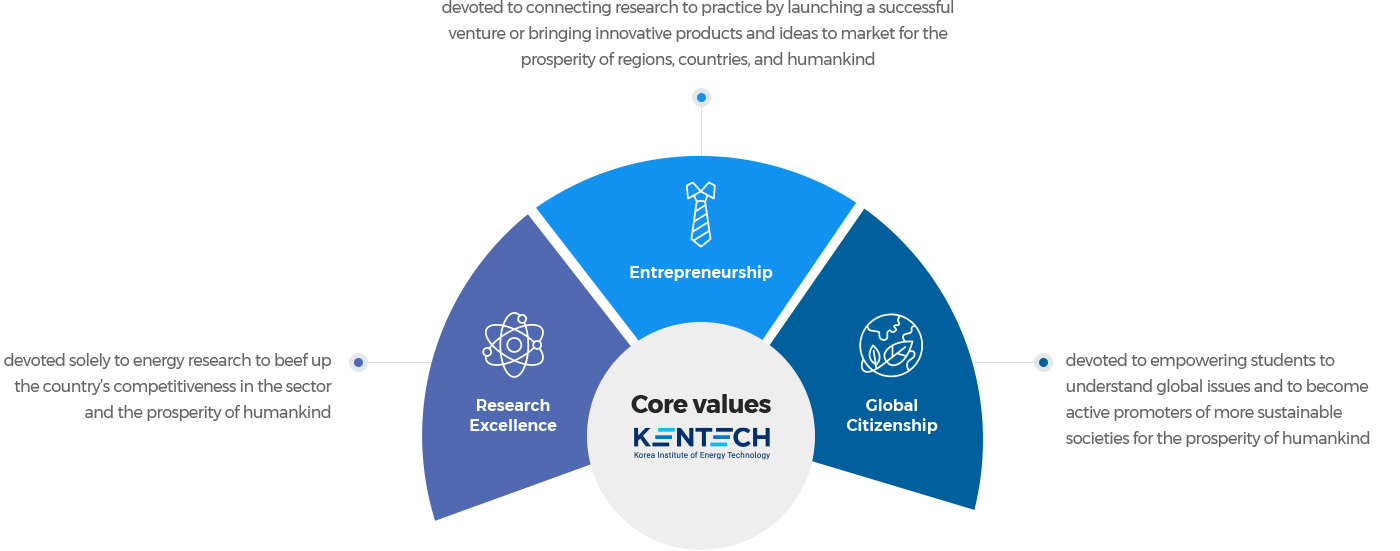eng_sub_left
-

To prepare people for the future, we need to design an education system that is forward-looking and not backward-looking. In today’s world of artificial intelligence, robotics, and the Fourth Industrial Revolution, we must prepare students for uncertainty and promote agility and adaptability. This requires a reorientation all the way from early childhood education to university education. It means encouraging flexibility rather than specialization. It requires training and retraining educators, as well as redesigning education systems and curricula. We need to completely reimagine education. Instead of learning to memorize facts and figures, students need to “learn how to learn” and “how to solve problems”. And they should be allowed to learn independently and in collaboration. We need to completely reframe the system of education based on where the world is going, instead of continuing to do the same thing over and over again. We will understand the real problems that people and industries are facing so we can shape our learning around those problems rather than just looking at a textbook. As the world gets complicated, however, the world’s problems will not be able to be solved by looking at only one discipline. They’re solved at the intersection of disciplines. What we believe is that instead of giving students a menu of academic courses and disciplines, we should give them a menu of problems and challenges that the world (or field) is facing, and then have them pick one of them and curate their learning experience around solving those problems. The end goal is to impart methods of learning to become experts and leaders who can tackle the greatest challenges of the 21st century in an innovative way no one can’t yet imagine.

Core values
KENTECH
Korea Institute of Energy Technology
Research Excellence
devoted solely to energy research to beef up the country's competitiveness in the sector and the prosperity of humankind
Entrepreneurship
devoted to connecting research to practice by launching a successful venture or bringing innovative products and ideas to market for the prosperity of regions, countries, and humankind
Global Citizenship
devoted to empowering students to understand global issues and to become active promoters of more sustainable societies for the prosperity of humankind
Research Excellence
devoted solely to energy research to beef up the country’s competitiveness in the sector and the prosperity of humankind
Entrepreneurship
devoted to connecting research to practice by launching a successful venture or bringing innovative products and ideas to market for the prosperity of regions, countries, and humankind
Global Citizenship
devoted to empowering students to understand global issues and to become active promoters of more sustainable societies for the prosperity of humankind

Mathematical Thinking
Cultivating data insight, mathemat- ics-based, analytic thinking, to solve real problems, prob- lems that can arise from the everyday world, or from sci- ence, or from within math- ematics itself.
Humanistic Insight
Cultivating human insight (beyond data insight) that can provide the deeper understanding of life, a new way of seeing oneself, people, and world that can be leveraged to create new value for humankind
Collaborative Communication
Cultivating students to work together, achieve compromis- es, and get the best possible results from solving a problem.
Mathematical Thinking
Cultivating data insight, mathematics-based, analytic thinking, to solve real problems, problems that can arise from the everyday world, or from science, or from within mathematics itself.
Humanistic Insight
Cultivating human insight (beyond data insight) that can provide the deeper understanding of life, a new way of seeing oneself, people, and world that can be leveraged to create new value for humankind
Collaborative Communication
Cultivating students to work together, achieve compromises, and get the best possible results from solving a problem.

Learner-Centered Education
Cultivating data insight, mathemat- ics-based, analytic thinking, to solve real problems, problems that can arise from the everyday world, or from science, or from within mathematics itself.
Competency-Based Education
We view courses as a platform that learners can acquire and apply the knowledge, skills, and attitudes to situa- tions they encounter in everyday life, thereby designing courses around a set of key competences that can be cross-curricular and/or sub- ject-bound.
Community-Based Education
We view learning as field-based, field-initiated, thereby connecting what is being taught in schools to their surrounding communities, with the belief that all communities have intrin- sic educational assets and resources that can be used to enhance learning experiences for students.
Learner-Centered Education
We view learners as active agents, thereby enabling them to design their course, curriculum, and career path by acknowledging their needs and interests as central to the learning experience.
Competency-Based Education
We view courses as a platform that learners can acquire and apply the knowledge, skills, and attitudes to situations they encounter in everyday life, thereby designing courses around a set of key competences that can be cross-curricular and/or subject-bound.
Community-Based Education
We view learning as field-based, field-initiated, thereby connecting what is being taught in schools to their surrounding communities, with the belief that all communities have intrinsic educational assets and resources that can be used to enhance learning experiences for students.

